A Dog’s Life on the Line: Blue-Green Algae Threatens Pets and People
CLF’s top dog calls for action on toxic pollution that can kill dogs and sicken people
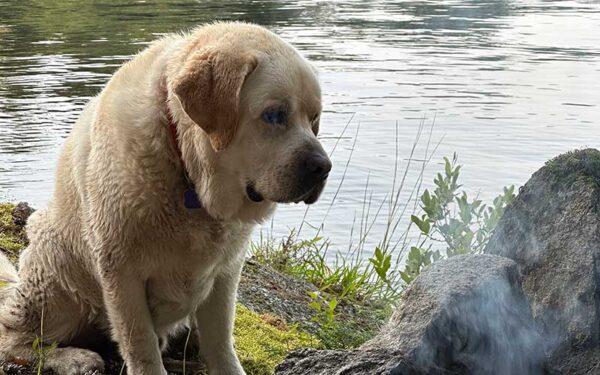
CLF’s top dog calls for action on toxic pollution that can kill dogs and sicken people

In times of change and upheaval, there is also room for hope and inspiration. While we collectively have much hard work ahead of us, we also have much to commend. Our hope is that this report offers insight into the work that your support makes possible – and inspiration for what we know we can accomplish together.
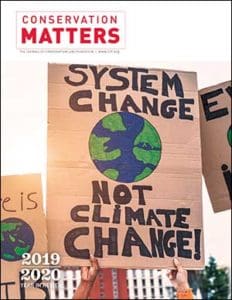
“The Seacoast’s beautiful rivers and bays are in danger,” said Melissa Paly, Great Bay-Piscataqua Waterkeeper at CLF. “Under the surface, we’re losing the meadows of seagrasses that support the fish, shellfish, and wildlife that call the waters home. Towns have made progress reducing nitrogen, but we need to get much more serious about curbing the nitrogen that flows into our waters from septic systems and stormwater every time it rains. This report gives us a path to reach that goal.”
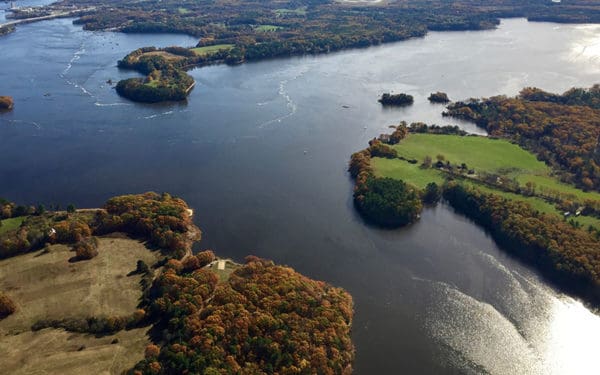
Andrew Gottlieb, Executive Director of the Association to Preserve Cape Cod, discusses the organization’s recent report, which showed that many of the Cape’s coastal waterways fail to meet basic water quality standards.
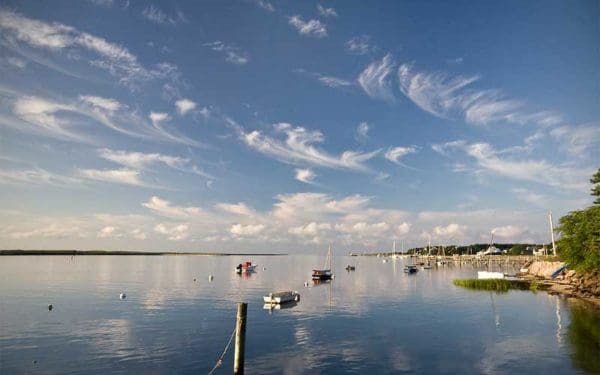
“CLF brought this case and others because nitrogen pollution is choking Cape Cod’s waters,” said Brad Campbell, President of CLF. “But in my thirty years of holding polluters accountable, I have rarely seen a property owner as constructive and solution-oriented in their response as Wequassett. All Cape Cod towns, property owners, and other resorts need to follow Wequasett’s example in protecting the Cape’s economy and way of life from irreparable damage by the relentless wastewater pollution of bays and ponds.”
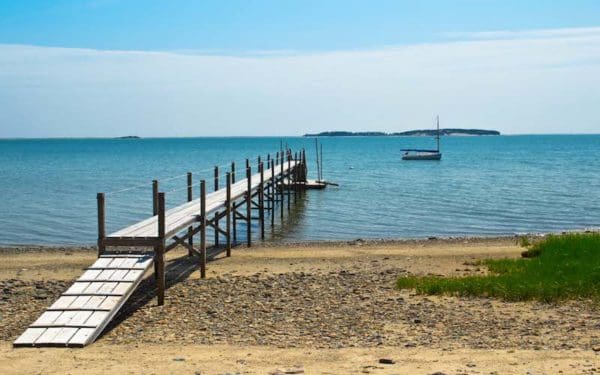
The prosperity of future generations of New Englanders depends on the health of our waters and marine resources and the public’s ability to access them.
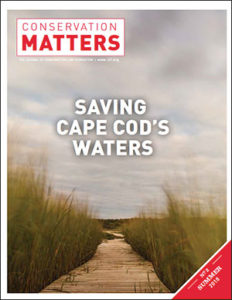
Water was a hot topic of the 2018 Vermont legislative session, with many bills that touched on clean water challenges. We made some progress, but we’re still too far behind when it comes to the long-term funding we need to make true progress on cleaning up Lake Champlain and other ailing waters across the state.
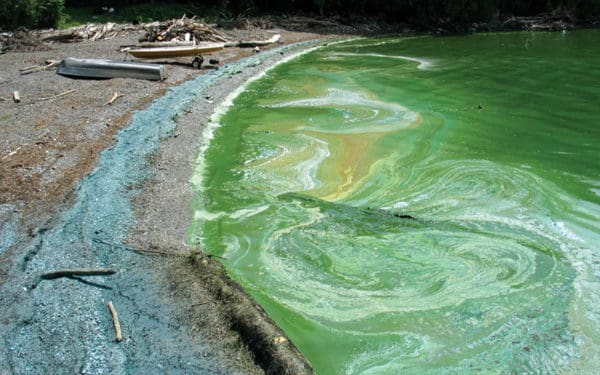
In this special issue of Conservation Matters, we want to take you behind the scenes of our work, to give you a glimpse into how we break down challenges and take advantage of opportunities to create a healthy, thriving New England – not just for today, but for generations to come.
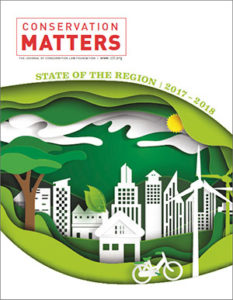
No one would consider swimming, sailing, or fishing in a sewer, but that, in effect, is the choice facing people seeking to use polluted bays around Cape Cod. The Cape’s septic systems cause 85 percent of the nitrogen pollution plaguing our waterways. Every time a toilet flushes into a septic tank, our clean bays, our… Continue reading Help for Cape Cod’s Pollution Problem
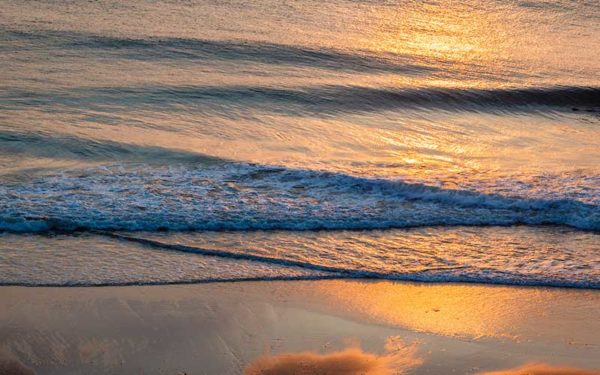
Once again, EPA Administrator Scott Pruitt and the Trump administration are taking aim at one of our most vital and effective environmental laws. On February 20, 2018, the Environmental Protection Agency issued a public notice asking for comments on the Clean Water Act’s coverage of pollution that enters our nation’s lakes, rivers, and oceans via groundwater.
